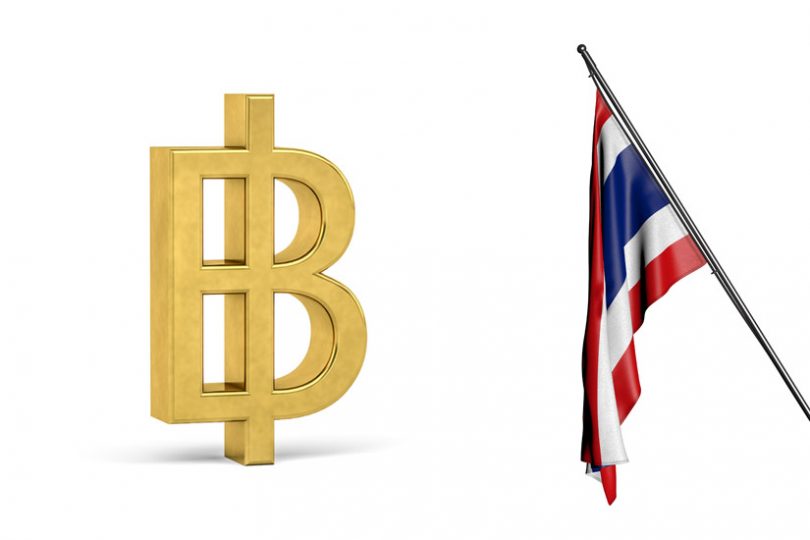Following a study and public survey, the Bank of Thailand has outlined the direction for piloting its retail central bank digital currency (CBDC). In June, it awarded a contract for a CBDC prototype to central bank service provider G+D.
Its study around CBDC design concluded that it doesn’t want to impact monetary policy, incumbent banks, or financial stability. Hence its CBDC will not pay interest, will be distributed via financial institutions, and there will be caps on conversion into a CBDC. The central bank envisages the CBDC partially substituting both cash and existing e-money.
Additionally, the Bank of Thailand conducted an online survey and ran focus groups about the potential digital currency. Feedback was positive, with some respondents suggesting that the public be educated about the potential benefits of a CBDC versus existing electronic payment methods.
Based on these two points, the central bank decided on two tracks for its pilot tests. A ‘Foundation Track’ would focus on basic functionality such as payments with plans to start the pilot in Q2 of 2022. An ‘Innovation Track’ will focus on collaborating with the private sector and technology developers and the central bank is currently drawing up a set of criteria to select participants.
Thailand is one of the more prolific countries when it comes to exploring CBDC. It started off exploring a wholesale CBDC with multiple phases of Project Inthanon, including for cross border CBDC payments with Hong Kong. That has since expanded to the Multi-CBDC project, which additionally includes China, the UAE and the Bank for International Settlements.






